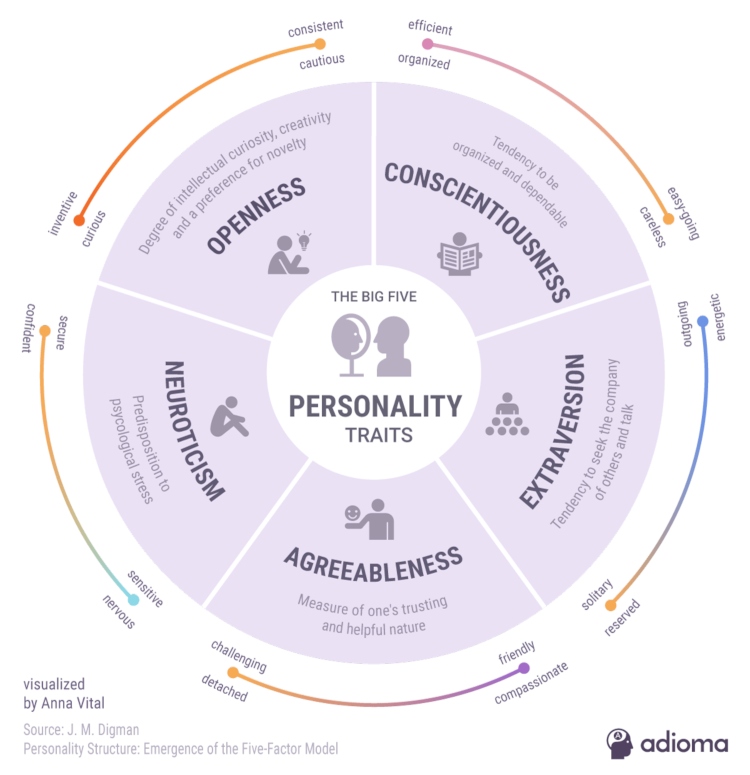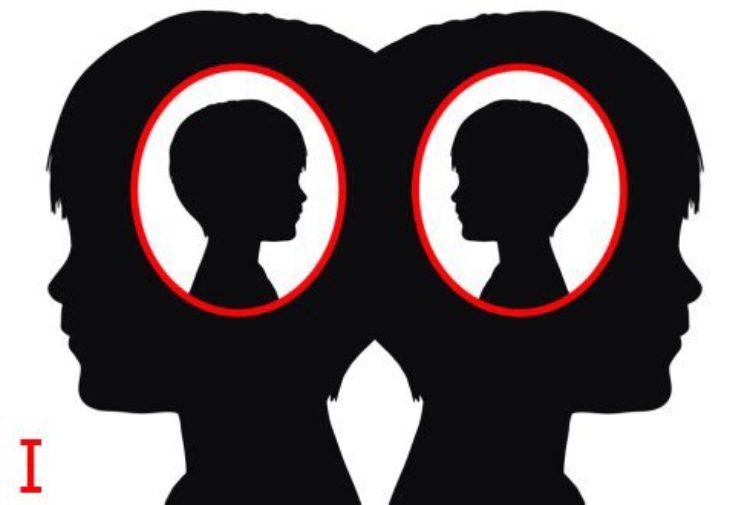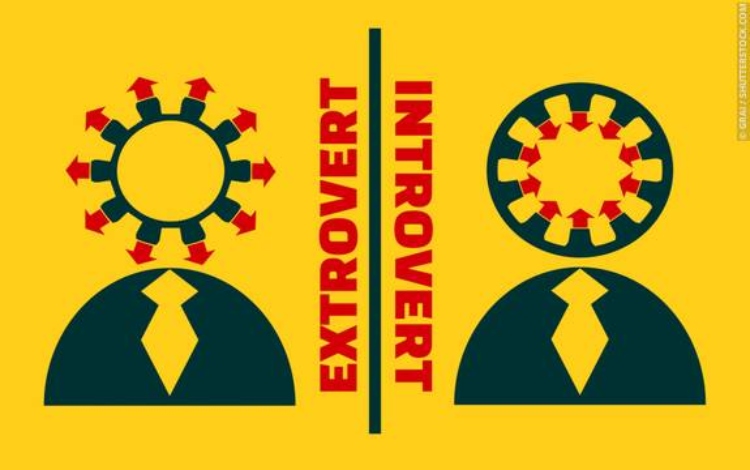Practical Psychology | Loneliness is Genetic and Beatable
Loneliness is genetic, and beatable. It is a common human experience. It’s those negative emotions that one feels when their needs for social connections are not met. These may include sadness, frustration, shame and desperation.
Additionally, those suffering from loneliness are more prone to psychiatric disorders, increased health, cardiovascular problems, impaired immune functioning, fragmented sleep and even early mortality.
Loneliness most likely evolved to incentivise the prehistoric man to seek social connection with his tribe. This would have increased the likelihood of survival by fostering cooperation. Unfortunately, contemporary loneliness tends to have an opposite impact.

However, some individuals are more susceptible to loneliness than others. This susceptibility is mediated by personality. Technically, loneliness is an aversive response to a discrepancy between desired and actual social relationships.
New research has discovered a strong relationship between loneliness and the Big Five personality trait Neuroticism. The Big Five is the most robust model for personality structure that describes characteristic human patterns of emotion, cognition and behaviour.

NEUROTICISM
Neuroticism is an individual’s sensitivity to negative emotion; a susceptibility to anxiety and depression. It is tightly linked to the left side of our brain, hence characterised by the Behavioural Inhibition System (BIS). The BIS is one’s sensitivity to threat of punishment.
Like loneliness, Neuroticism is associated with numerous issues, such as poor health, psychological distress, divorce and life-threatening heart disease. Instinctually, its conceptual overlap with loneliness with appear self-evident. Interestingly, Neurotics don’t feel less positive emotion, merely more negative emotion.
GENETIC LONELINESS
Whereas loneliness appears to be one’s sensitivity to negative social stimuli or lack of positive social stimuli, Neuroticism is this sensitivity in general. The new research suggests that these sensitivities are intrinsically linked, sharing a high genetic correlation.
Personality traits tend to be approximately 40% genetically heritable, with 5% to family environment, 35% to peer environment and 20% down to measurement error. The genetic correlation between Neuroticism and loneliness ranges from .71 to .83, which is extremely significant.
A direct causal relationship was found using twin studies. Twin studies are often used in personality research to determine genetic and environmental factors. Identical, or monozygotic twins, share roughly 100% of their genes, so any differences should be due to differences in experience.

In the recent study, the researchers found that the twin with higher levels of loneliness was also higher in Neuroticism. Incidentally, increases of Neuroticism in that twin across time corresponded significantly with increases in loneliness.
Longitudinal data indicates that Neuroticism and loneliness have a reciprocal relationship, but that the former is more influential on the latter than vice versa. This is likely due to the all-encompassing nature of Neuroticism with regards to negative emotionality.
WHAT ABOUT EXTRAVERSION?
Instinctually, one might think that the trait Extraversion may have a strong relationship with loneliness. Extraversion is individual differences in engagement with the external world and other people. Extraversion is tightly linked with positive emotion, with some social scientists proposing the two become synonymous.
While initial analysis indicates that Extraversion has a moderate association with loneliness, it becomes insignificant when accounting for the negative relationship between Extraversion and Neuroticism.
This indicates that loneliness is less to do with the propensity to make social connections (be Extraverted) than with the sensitivity to negative emotions that arises when needs for social connections are not met.

Practically speaking, while introverted people may tend to be higher in Neuroticism than their extraverted counterparts, introverted people who are low in Neuroticism are no more likely to experience loneliness than extraverts with the same Neuroticism score.
THE LONELY NEUROTIC
It appears that loneliness is not a consequence of being alone, but rather a consequence of feeling sad and being alone. In behavioural and neuroimaging research, loneliness is an implicit sensitivity to negative social stimuli combined with a decreased sensitivity to positive social stimuli.
This means that one could be in a social environment and still feel lonely. One may react more strongly to negative events while simultaneously perceiving fewer positive events.
Research into Neuroticism has garnered similar results. Neuroticism exposes people to more stressors, especially interpersonally. Furthermore, neurotics have stronger reactions to these stressors. However, 60% of neurotics’ negative emotion appears to arise naturally.
Neurotics also find it difficult to adjust their social behaviour to match their current situation and are mostly oblivious to social cues. Social scientists reckon that this is due to their preoccupation with ‘hyperactivity’, a hyper sensitivity to signals of punishment and negative emotion.
DECREASING NEUROTICISM
As Neuroticism explains around 25% of the variance in loneliness, it would appear crucial to develop strategies to decrease one’s levels of this trait. While traditional personality psychologists tend to regard traits as relatively stable across time, modern social scientists are more optimistic.
While the Big Five traits were borne out of personality psychology, trait change has its origins in clinical psychology. Fortunately, the trait most amenable to change is Neuroticism, with clinicians and interventionists having immense success in the endeavour for decades.
[perfectpullquote align=”full” bordertop=”false” cite=”” link=”” color=”#4AC1A8″ class=”” size=””]Suggested Reading: Practical Psychology | Conscientiousness Means Success[/perfectpullquote]
Furthermore, in addition to loneliness, clinicians have identified Neuroticism as being related to a wide range of psychopathologies, suggesting that it should be the focus of interventions aimed at healing such psychopathologies.
Treatments such as cognitive-behavioural therapy are capable of decreasing Neuroticism by half a standard deviation in approximately four weeks. In context, young adults decrease by a whole standard deviation to middle age.
Trait change is extremely achievable. An online test called ‘Understand Myself‘ allows individuals to determine where they fall on each Big Five dimension ranked from one to a hundred. Understanding your own personality can allow for deeper introspection regarding negative feelings such as loneliness.

In conclusion, loneliness, a perennial human experience, is partly a consequence of a biological trait called Neuroticism. However, this trait is not genetically fixed, therefore loneliness needn’t be an eternal problem, it can be addressed and managed. We are more than the sum of our genes.
